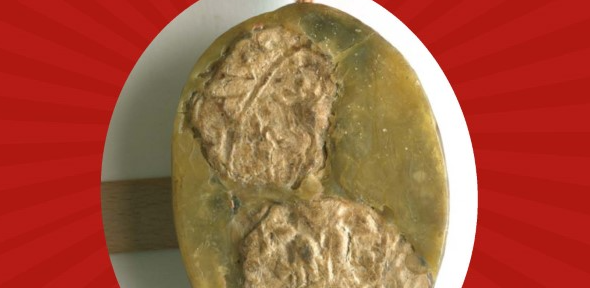
Cambridge Ukrainian Studies is pleased to announce a talk by Dr Talia Zajac on 'The Patronage of the Rus’-born Duchess Gremislava (Grzymisława) of Kraków and Sandomierz (d. 1258): A Re-Evaluation?'. The talk will be given as part of the Cambridge Byzantine Worlds Seminar on 17 March, from 7.00-8.30 (London). All are welcome to attend the event, but registration is required. Register in advance here.
Within the framework of a wider research project examining the political activities and religio-cultural patronage of Rus’ brides in dynastic cross-confessional marriages during the mid-eleventh to mid-thirteenth centuries, this talk will present a preliminary analysis of the patronage of the Rus’ princess Gremislava (Polish: Grzymisława, d. 1258), widow of Duke Leszek the White of Kraków (d. 1227) and regent for her son Bolesław V (d. 1279). Through an examination of the earliest extant charters issued by Gremislava and her circle as well as relevant Latin and East Slavic narrative sources, the talk will discuss to what extent Gremislava was able to maintain ties with her natal Rus’, especially through contact with her cousins, the Rus’ princes Danilo and Vasil’ko Romanovich, and to what degree she acculturated to emerging Latin Christian devotional norms. In this way, this case study will address how a Rus’ bride exercised rulership in a foreign land and negotiated emerging religious differences between her natal Byzantine Christianity and the Latin Christian culture into which she married.
Talia Zajac (PhD, Toronto, 2017) is a historian with a particular interest in royal brides as cultural vectors between early Rus’ and Latin Christendom. Currently she is an Andrew W. Mellon Post-Doctoral Fellow at the Pontifical Institute of Mediaeval Studies, Toronto, Canada, where she is continuing to investigate the roles of Rus’-born royal brides as rulers, patrons, and cross-cultural ‘bridge-builders.’ In the coming academic year, she will continue to investigate this topic as a Leverhulme Trust Early Career Fellow at the John Rylands Research Institute (University of Manchester).


